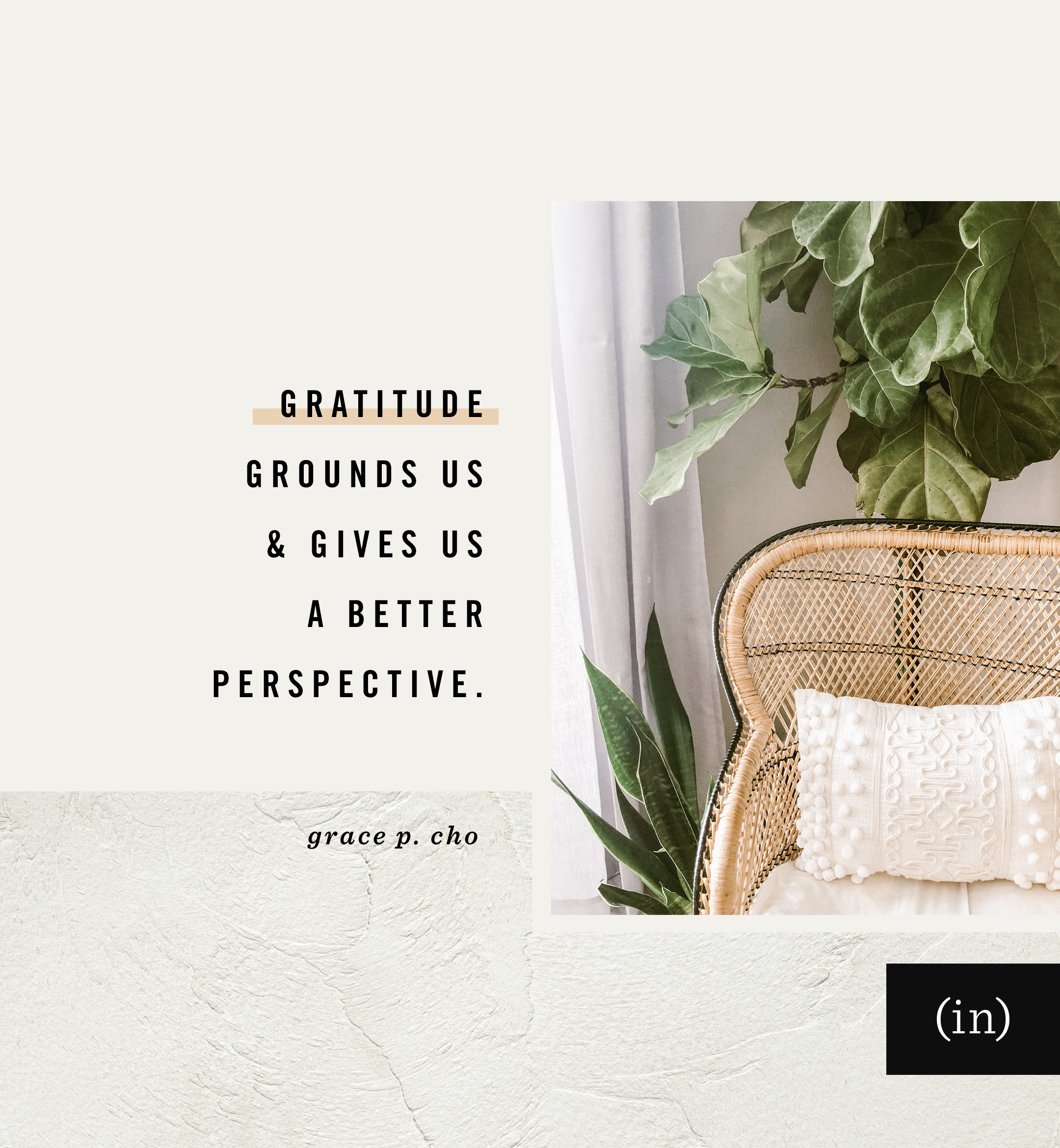My kids are fifteen months apart. All they’ve known is being with each other, occupying the same space, having a constant companion. My daughter’s like my husband — logical, introverted, often craving space to herself so she can read or play unbothered. My son, on the other hand, is like me — affectionate, empathetic, always craving company and someone to play with. When they’re apart, they miss each other, wondering what the other is up to, what things they might be missing out on that the other is doing. They play well and fight well; it’s a can’t-live-with-or-without-each-other situation.
The other day, after some one-on-one time with my son at home, we go to pick up my daughter from my sister’s house. Less than five minutes into the car ride home, they start arguing, their tones twisting into whines and their voices rising in volume and sass. I have no patience for this. They had woken up that morning, complaining about the other, and so I yell, “You’re already fighting?! Why can’t you just be nice to each other?! That’s it! No one can talk until we get home!”
They scrunch their faces at me in frustration, but I don’t relent. We all need a timeout to take a breather, to let our emotions simmer down. Their last whines fade out, and as we drive the rest of the way home in silence, my anger subsides. I recognize my overreaction, and I remember the conversation my husband and I had about how it seems that every podcast or sermon or health tip we listen to these days talks about practicing gratitude.
Am I grateful or do I whine just like the kids do? Am I grateful even for them? If they’re gifts from God, how do I practice gratitude when I’ve lost my patience and yelled at them, when they don’t behave as I wish they would?
I check my heart and see the rigidity of my posture. When provoked, I often stand on a soapbox of my own righteousness and lord it over my kids, my finger wagging, my tone condescending. I feel entitled to them conforming to my ways, to complete obedience the first time every single time. I want them to play well with each other, to be happy and grateful.
But I realize that my expectations for their behavior is unrealistic. Though I want them to learn to listen, to respect me and each other, I’m asking for robots instead of children who need grace and reminders. And am I not also a child who needs the same things from the Father?
I’m not much different from my kids — I also need to try again, to use my words nicely, to say sorry and ask for forgiveness. I get off my soapbox and relax my stance. I look into the rearview mirror and see their faces, obediently quiet. I can tell they’re ready to be silly again, and I’m grateful their spirits haven’t been broken.
Our posture determines our attitude, and I’m understanding why so many people across the spectrum are talking about practicing gratitude. Gratitude changes our posture, and practicing gratitude means we must slow down our minds and our hearts to remember, recount, and recognize what we have to be grateful for. It helps us to make mental and emotional shifts throughout the day when it’s not going well, and it grounds us and gives us a better perspective.
Today has been much like yesterday, with the same arguments and whining, but my posture is softer, my heart more open. I’m running through the things I’m grateful for, and this is what I know:
I’m thankful for my kids, whom I get to raise and love and who make me proud and make me laugh. I’m thankful for second chances throughout the day, so we don’t have to be stuck in bad attitudes and crabby moods. I’m thankful for newfound creativity even in the mess of this year. I’m thankful for quiet hours when I get to work without interruption. I’m thankful for the work I get to do in caring for people’s words and guiding others with my own. I’m thankful that at the end of a long day, I have a comfy bed to fall into and the potential of a new day awaiting me.
I’m thankful for the depth yet simplicity of living out our faith and for Jesus who walked the way ahead of us. All is grace in Him, and all thanks be to Him.
What are you grateful for today?
Leave a Comment







Grace,
I’m thankful for a God who continues to bless me in the little things. This year, we’ve all had to “look-little” because the big was too hard to bear. I’m thankful for the crayola assorment of colors that greeted me in my garden this spring and summer. I’m thankful for the roof over my head and food in my pantry. I’m thankful for the people I get to do life with, even when we get on each other’s nerves. I’m thankful for every sunrise and sunset I’m blessed to witness. I could go on and on, but yes, a posture of gratitude is key to observing the heavenly around us when the worldly is just too painful.
Blessings,
Bev xx
I’m grateful for you, Bev. You have provided much needed love, support and wisdom.
Awwww Elizabeth,
Thank you so much. I’m thankful for you too! When we get a vaccine and hopefully COVID takes a hike, you and your sweet daughter will have to make a trip back to NC – my door is always open! Have a peace-filled Thanksgiving!
Blessings,
Bev xo
Bev,
There is good news on Covid front. Three companies have vaccines out & have tested them on people. The word I got from work (hospital) is that it should be available around mid December. Praising God this pandemic will be mostly over next year & we can get back to a little normal. Like taking trips to see friends & family.
Have a blessed Thanksgiving
Crayola assortment — I love that, Bev.
As we approach the holidays, I keep rolling the phrase over in my head “be a thermostat not a thermometer”. As I’ve pondered it, I’m thankful for the influence I have as a mom, wife, DIL and friend, for the ability to influence and play a small part in helping others remember their own blessings and I’m thankful for relationships and people in my life. Too much to list!
-Kellie
That’s a wise phrase. I’ll be thinking on that throughout the day!
I am thankful for all the usual- faith, family, friends, the mountains, having a warm place to live and food on the table, etc. But as one who lives alone and is dealing with the isolation of the virus, I am so thankful for the technology that allows me to stay connected to people and to see their faces as I zoom and video chat. And I am very thankful to have found this form of caring women who inspire me daily.
Madeline,
Thank you, for sharing your thoughts with me today. I also am living alone. I am thankful to be living in a Little Cottage in the Woods. I live on a farm in the county. It is peaceful and quiet most mornings. God has been good to me.
Thanking God for the connections and peace you both have in this season.
Good morning, Grace! I am grateful for your words in my inbox. I’m thankful for a warm home, candles glowing on the table, the warmth of the blanket wrapped around me. I’m grateful for my husband and my daughters and my granddaughters. I’m thankful that my family and I are healthy. I praise God that I have dear friends and extended family. I may not be able to commune with these people in person, but we find ways to connect. Thank you, Lord!
I am thankful to read all of these lovely comments to such a warm devotion this afternoon. Reading all your thankful for has brought a smile to my face and to my heart. And to the dear ladies that are living alone, may God continue to use you to bless all of us out here who look learn from you…Blessings to everyone for a Christ filled and blessed Thanksgiving Day.
I am thankful for my neighbor: she is almost 91 and we eat together almost every evening. How many widows can say that?? Her mind is amazing and we make each other laugh!! Also thankful for having been on the launch team for Take Heart, the most amazing devotional book I have ever read!!
That is the sweetest! Thank you for being on our launch team!
We have so much to be grateful to God for. We don’t need to wait till Thanksgiving to voice our
gratitude for all He has done and does for us on a daily basis. We need to live constantly in an attitude of gratitude, for the more grateful we are the more we will be blessed.
I’m thankful for my husband, Darryl, who is the most loving and kindest person I know. I’m thankful for my beautiful, grown-up girls–wish they lived closer. I’m thankful that God always hears our prayers and is always with us. I’m thankful for the hope of Heaven that Jesus made possible for us. I’m thankful for the life I have in Jesus Christ.
Hi there… I’m thankful for my family, and friends. I’m thankful for my life and the ability to take time to smell the “Roses”, so it seemed! And, last but not least, The Lord Savior, Who is the head of my life!!
Strong truth here, Grace: “we must slow down our minds and our hearts to remember, recount, and recognize what we have to be grateful for.” I’ve found a gratitude journal helps me do that. It’s fun to collect a special moment or two from each day, as well as a means of recalibrating my emotional state! Recently I wrote how I love to watch the leaf showers from our backyard trees, the various ways different leaves fall–tumbling, twirling, drifting, and zig-zagging!
Leaf showers are so magical!
Grace,
This year has been tough on many people for various reasons. We’ve witnessed the worst of humanity in considerable years. One way to change our attitudes is turn our eyes upon Jesus. Look full in His wonderful face. Think hard & long about the many blessings He has bestowed upon you. This year I’m thankful for my job, loving/caring hubby, fall season & the expanse of color God gives us in the falling leaves & on the mountains. Absolutely grateful for Christian TV preachers & radio stations. They have helped me when we couldn’t have church. Appreciative of the hard work, talent & community that is In Courage. This devotion helps me stay grounded in Christ. Plus I’ve met many an author & followed them into podcasts, blogs, etc. It has enriched my life immensely. Have a blessed Thanksgiving everyone 🙂
Blessings